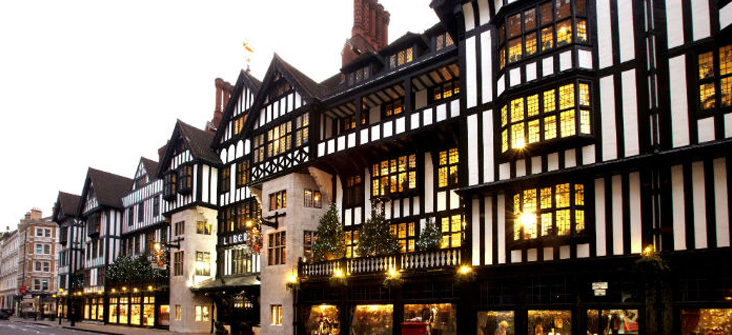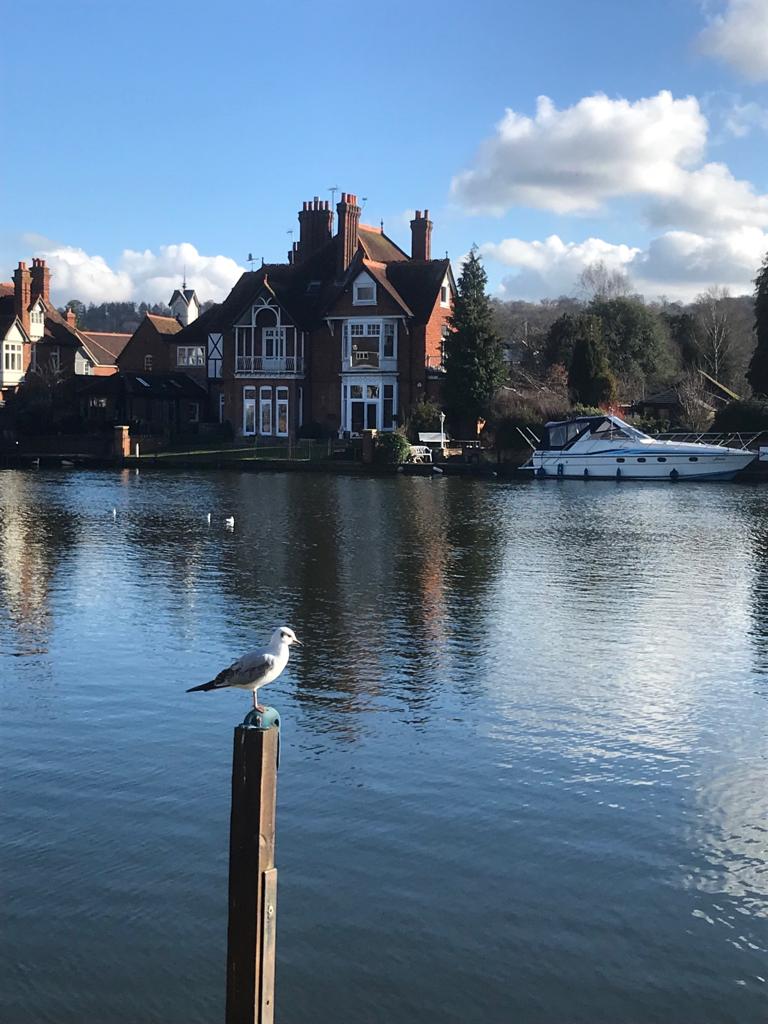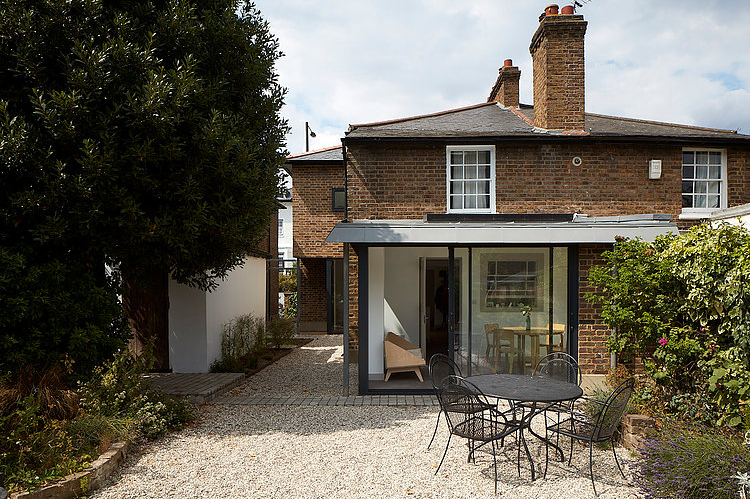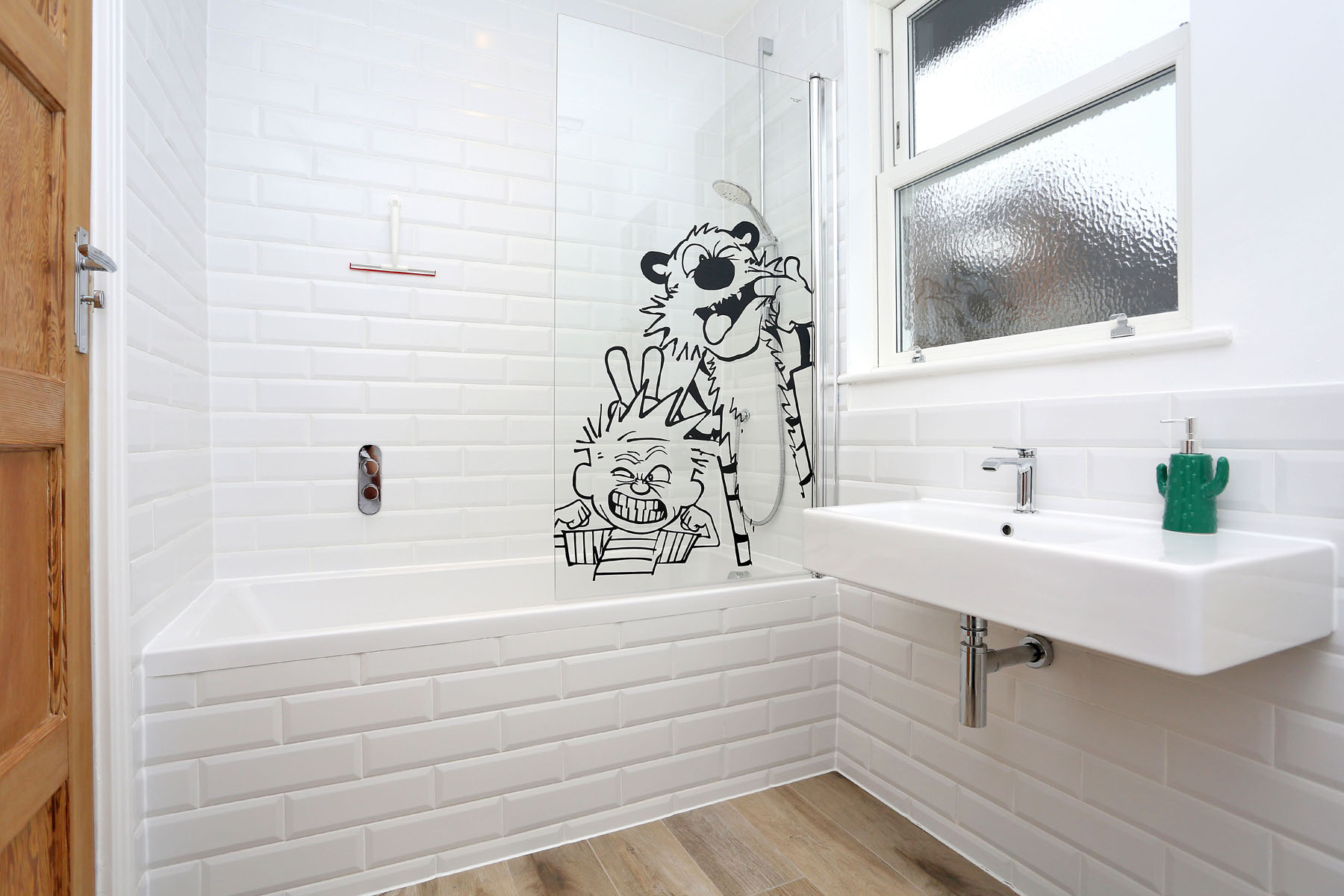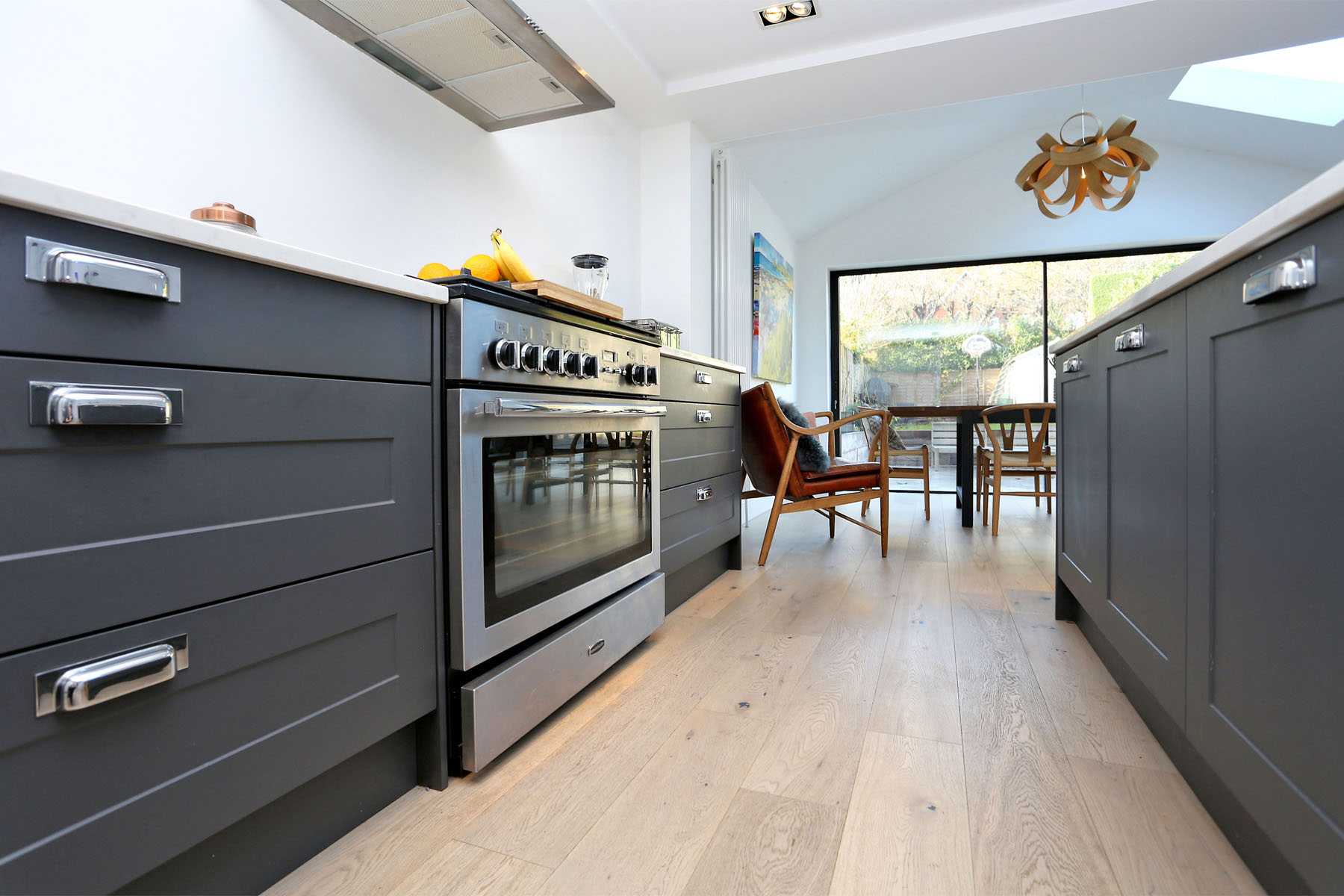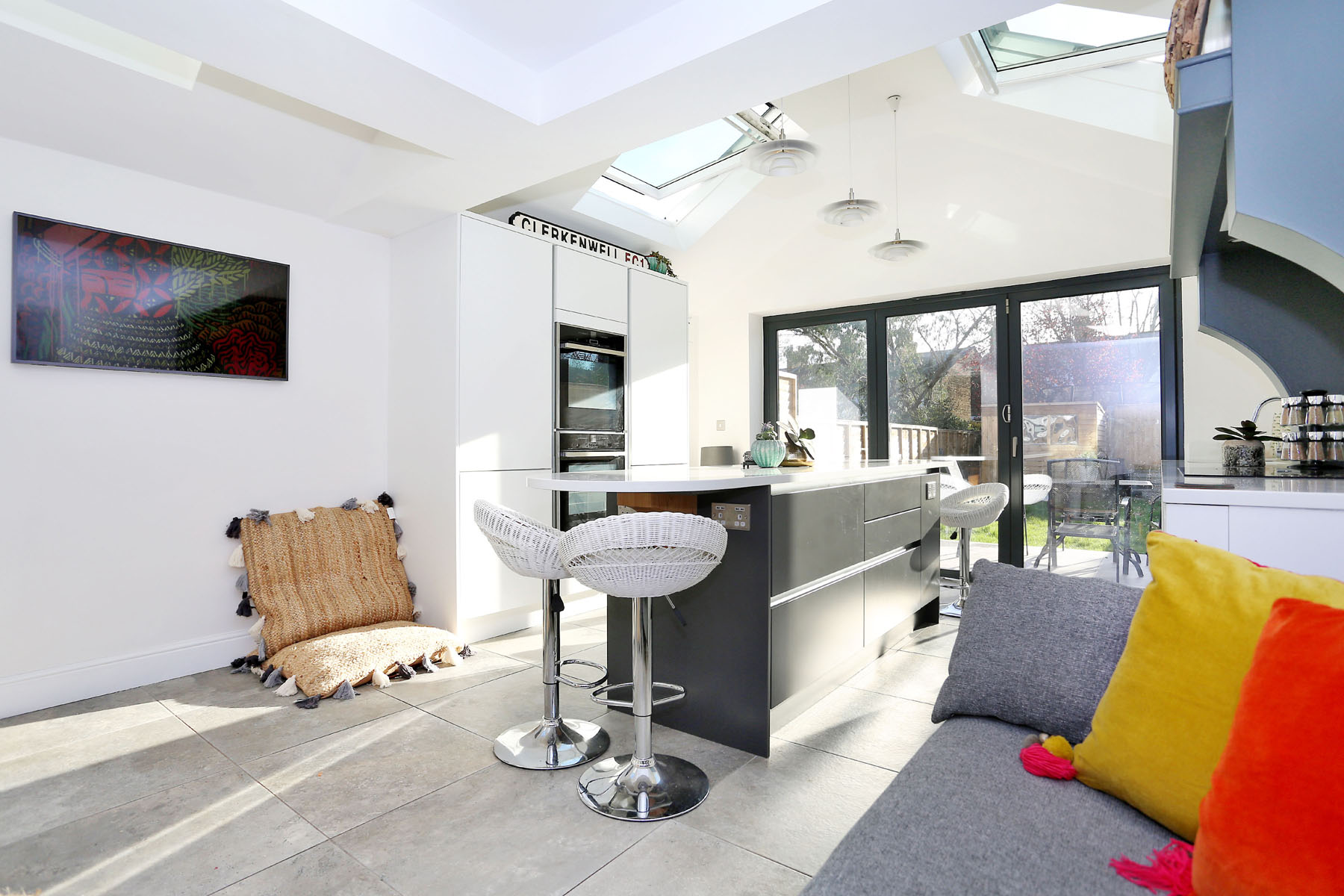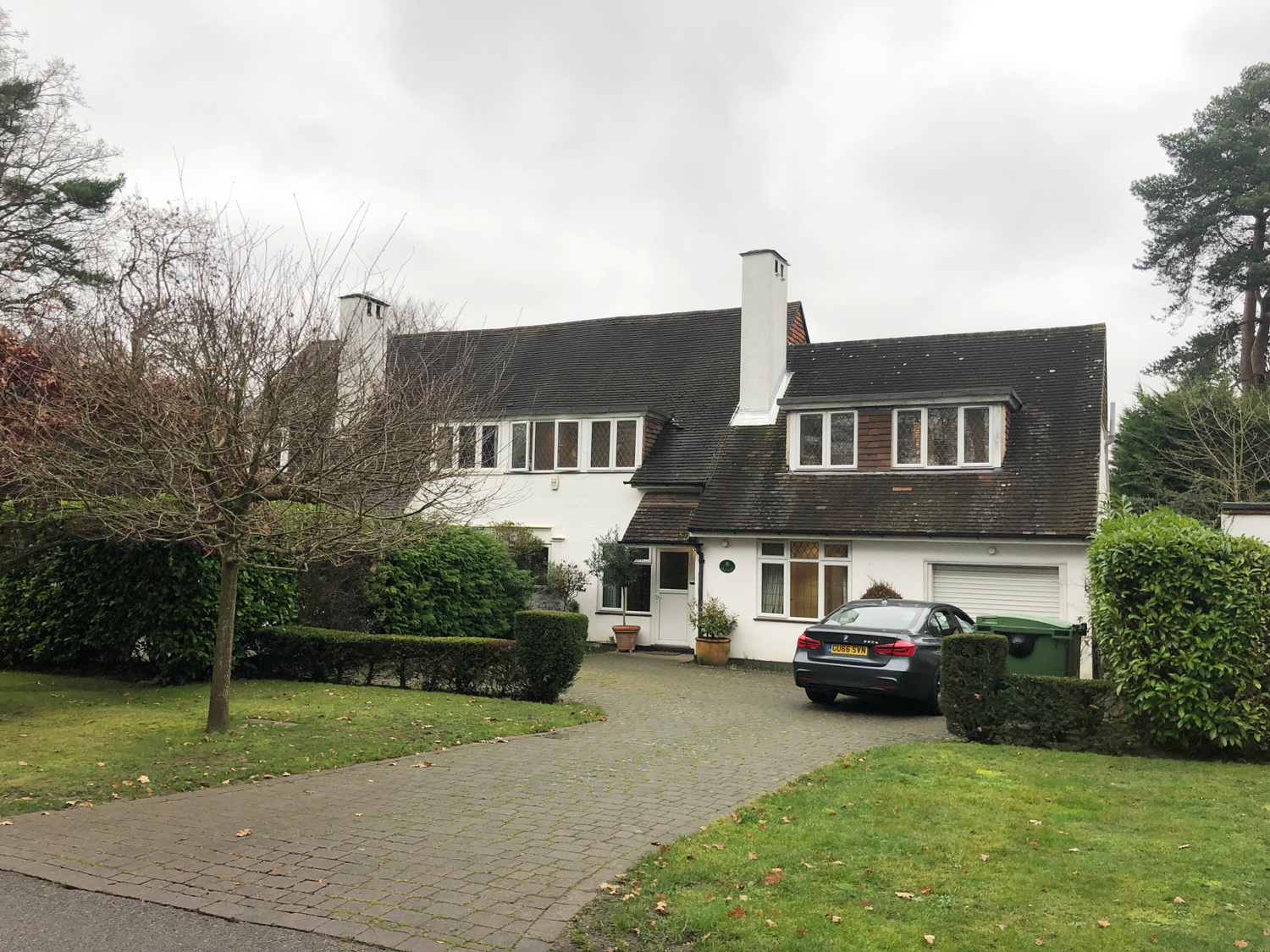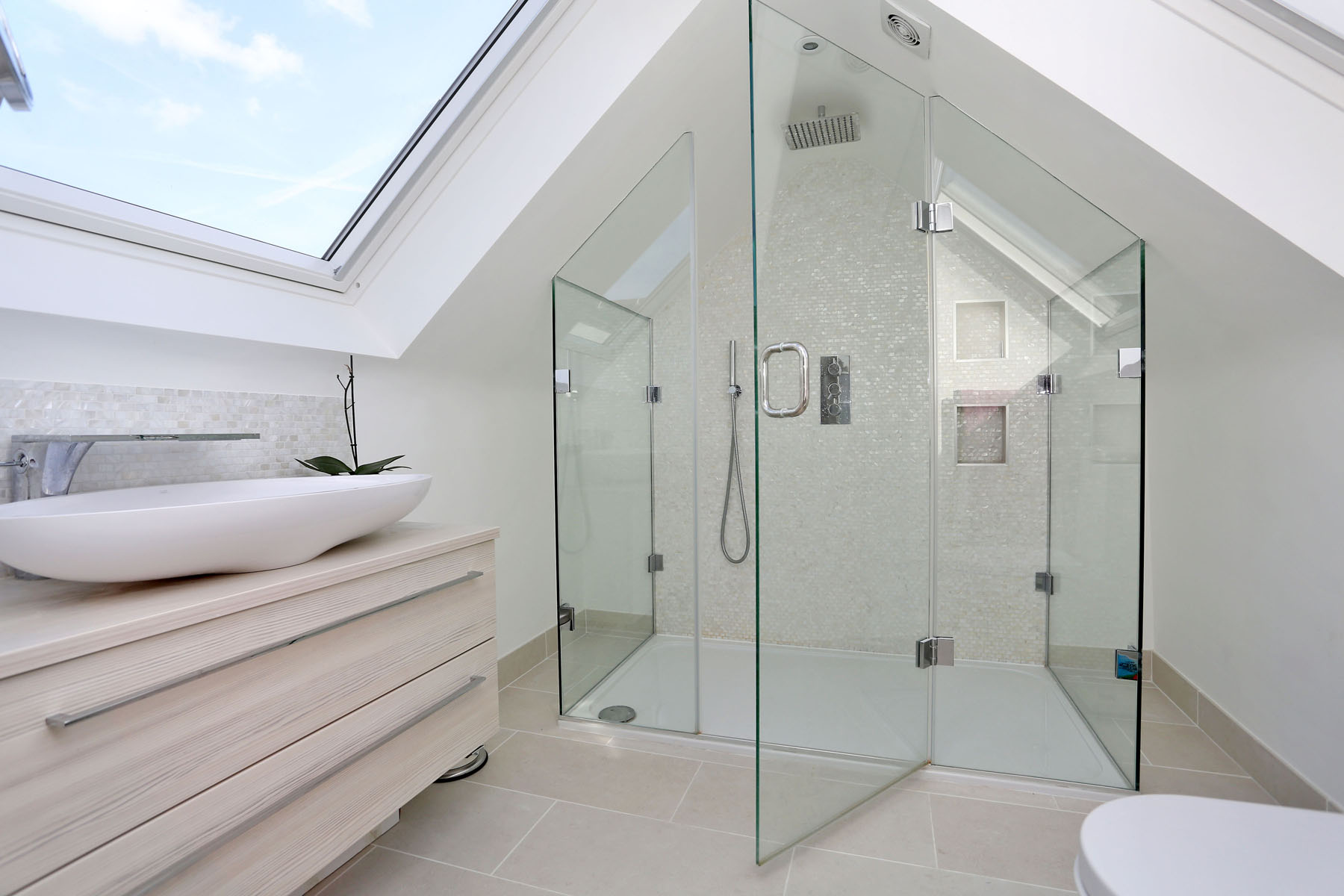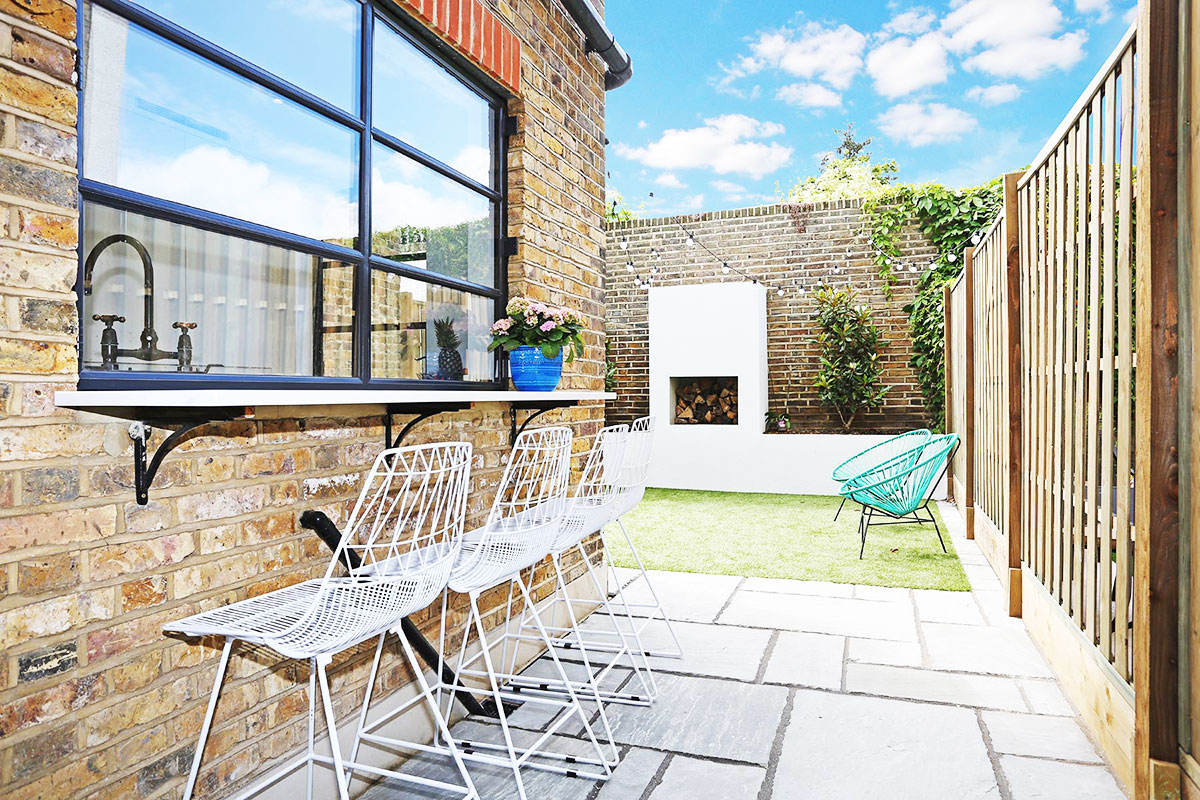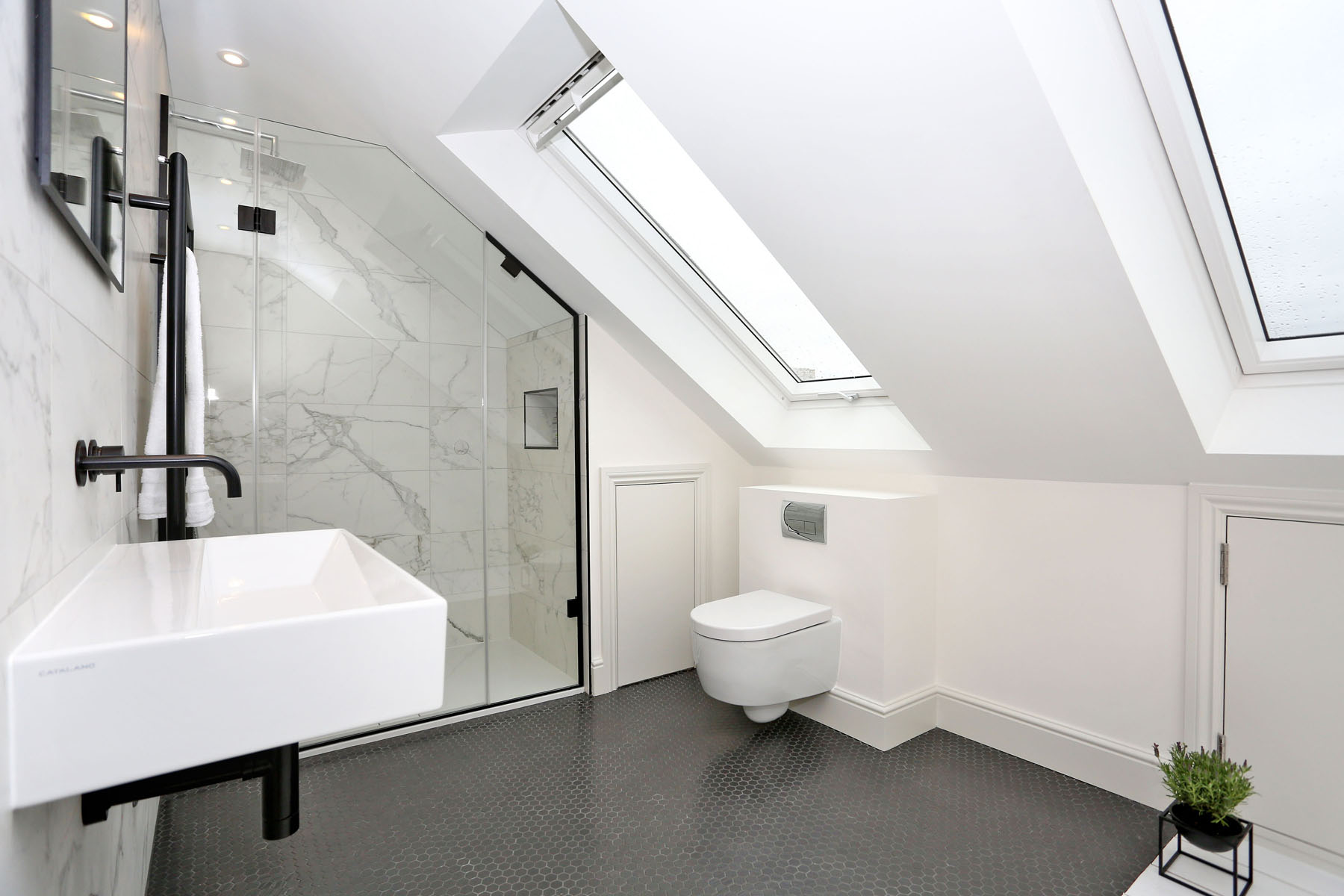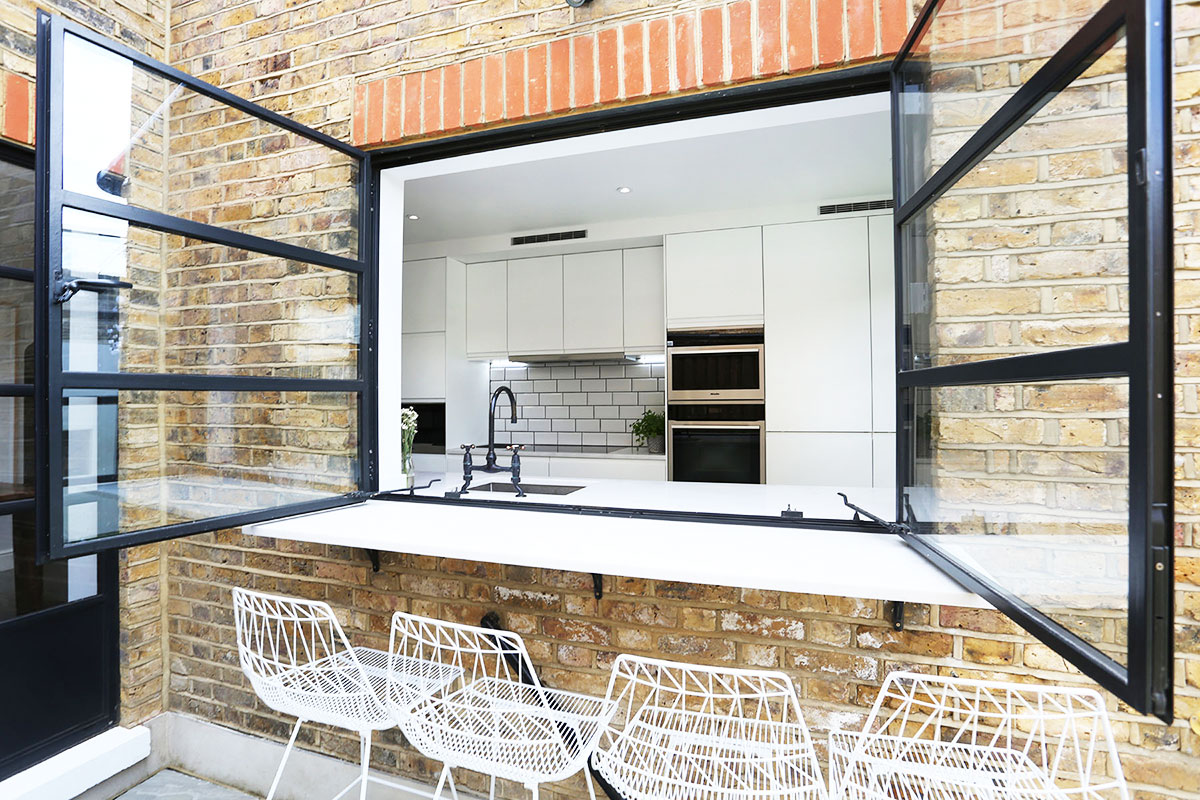
Renovating a property is an exciting project, but it can also be very hard work.
A lot goes into a successful renovation, and mistakes can be costly. However, a successful renovation could add a serious amount to the value of your home, making it a worthwhile undertaking.
Here’s a comprehensive guide to home renovations to help you get started on the right track…
1. Home Remodelling Ideas
First of all, you’ll want to think carefully about the type of renovation project you want to carry out. Renovations come in a range of sizes and styles, so have a careful think about where you would like to start.
…these are popular because they tend to be reasonably affordable, easy to arrange and they can add a significant amount of value to your property.
…build down rather than up to take advantage of unused space and convert it into an extra room or two.
…two of the most popular rooms in the home to renovate. Done well, these renovations can add a lot to the value of your property.
As well as the major renovation projects, you should also consider the extras that you might want to arrange at the same time. These could include adding extra insulation, fitting new wiring and plumbing, replacing doors and windows, and adding new roofing.

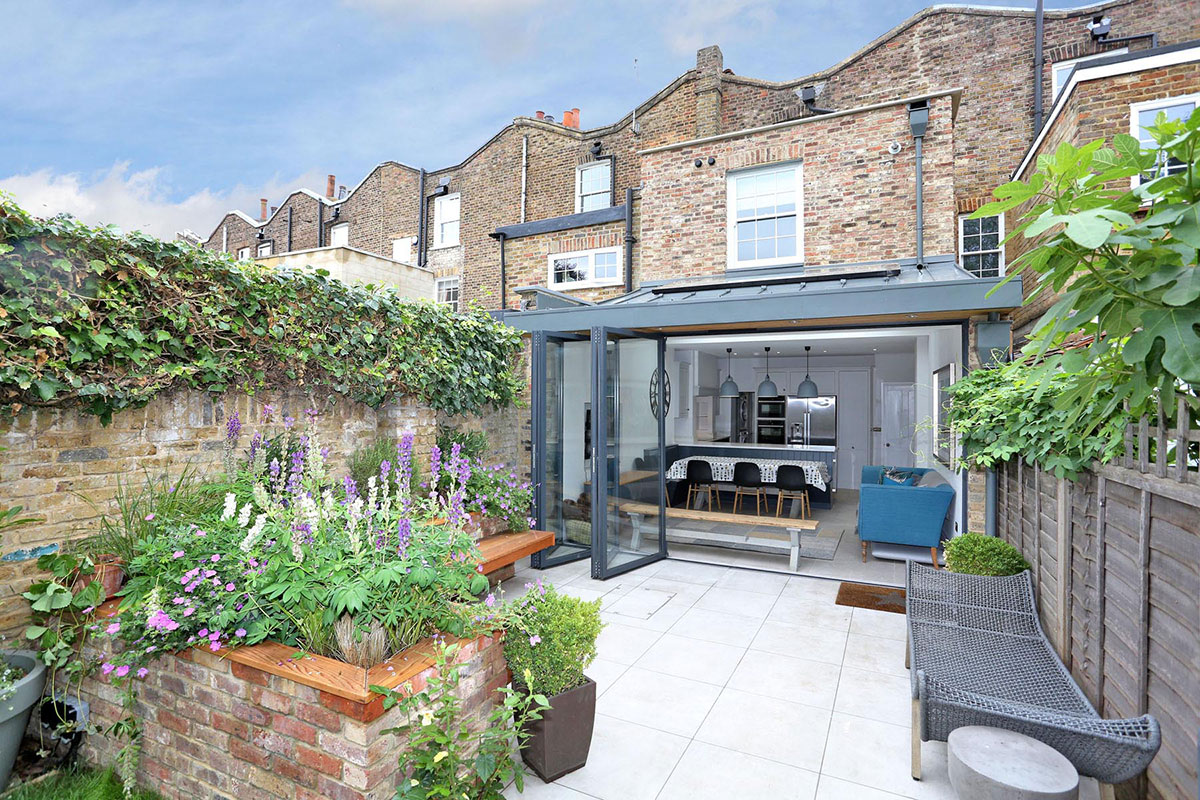
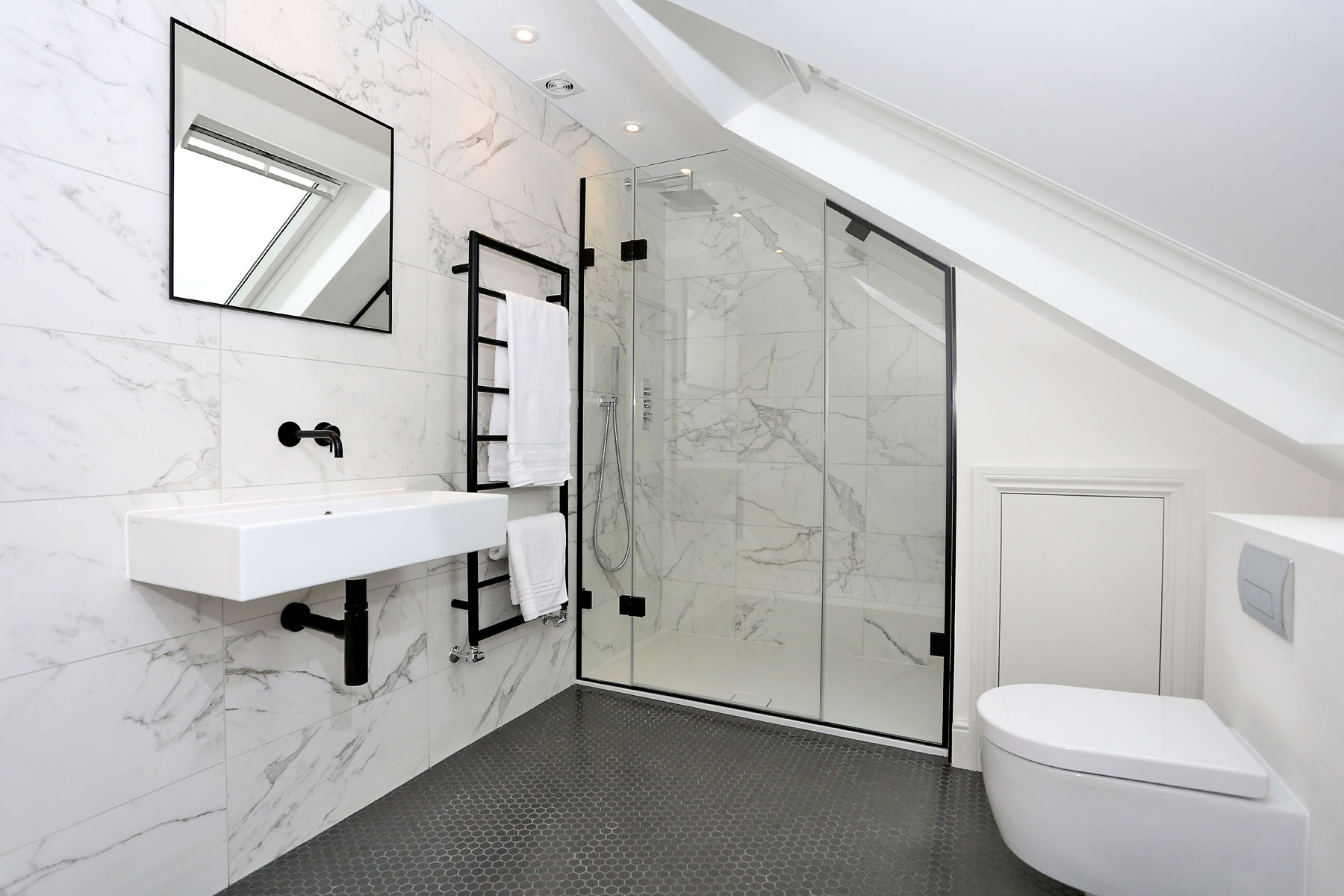
2. Renovation Costs
How much will your renovation cost?
This is the big question everyone must consider before getting started. But the answer is not clear-cut. As with any project on a large scale, the cost will depend on many factors.
For a general guideline:
- the average cost of a kitchen renovation is between £10,000 and £25,000, but they can cost up to £50,000 and over (source).
- a basic bathroom renovation starts from £4,000 and goes up from there, but it will cost a lot more if it involves any construction work.
- each square foot will cost between £500 and £1,000 on average.
But there really is no fixed figure, and the cost will depend on your property, location, the type of renovation project, the materials you use, the builder and architect you hire, and more.
It’s important to decide on a budget. Many renovations go over budget due to bad planning, but you should also plan to go over budget by about 10 percent due to unforeseen circumstances.
And don’t forget to budget for the finishing touches when the renovation is complete.
Talk to other people who have had renovations. Speak to family and friends, get quotes from various professionals including builders, architects and project managers and have ready an idea about how much you are budgeting to spend.
3. Carry Out Detailed Research
You will need to do quite a bit of research before you go ahead with the renovation. For example, you might need to assess the condition of the building to find out any potential problems you are facing. For that you will want to hire a surveyor. They will give you up-to-date plans and a condition survey. This will let you find out about any problems like damp and subsidence.
You might find out that you are unable to carry out a particular type of renovation because of problems with the property. For instance, there might be a load-bearing wall that may need more consideration.
These are the sorts of things you will want to find out before you start making serious plans for renovation or you might find yourself in hot water later on.
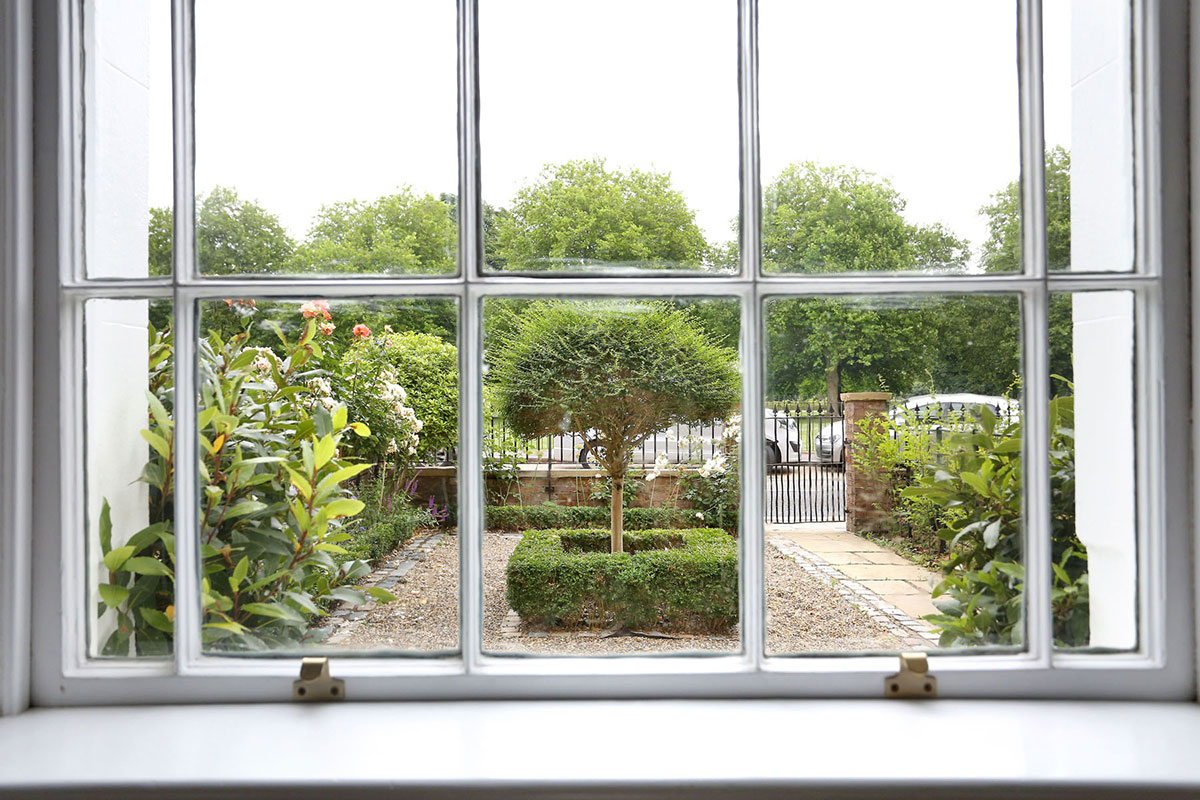


4. Will You Need Planning Permission?
Once you know the type of renovation you want, you will need to find out whether you require planning permission. This depends on the type of renovation, your property and your location.
As a general rule, you often won’t require planning permission for renovations that do not affect the exterior appearance of the property. For example, loft conversions are usually permitted developments, but it depends on the size and style. There are various rules involved. If it is larger than 40 cubic metres (terraced) or 50 cubic metres (detached or semi-detached) then you will need planning permission.
Your renovation is also more likely to need planning permission if it is on designated land like a national park or you own a listed building.
For an interior renovation, you will not usually need permission. For example, you can often build a single-storey extension without planning permission. However, you will need to make sure that you follow Building Regulations guidance.
A good architect can help you to find out about the permissions that you will need, so this is a good place to start.
5. Major Work Considerations
There are a few major considerations that you will always need to keep in mind when you plan to renovate your property:
- How the changes you make will affect the selling price
- Where you will live while the renovation is taking place
- Whether to hire a building firm or separate contractors
- If you plan to do some of the work yourself
- Who will project manage
- How much you can be on-site when contractors are working so you can check on progress
- How long it will take to complete
If your property is in London, there are extra considerations to keep in mind:
- Costs are likely to be higher
- There may not be much available parking space for the builders/contractors
- You might need planning permission for a period building



6. Post-Renovation: Interior Design Ideas
You will also want to consider the interior design following the completion of the renovation because this will affect not just how the finished result looks but also the value added to the property.
The main areas to consider are:
- Flooring
- Tiling
- Décor
- Staircases
- Skirting boards
- Furnishings
Think carefully about the style you want. There are no rules, but you might be limited by your budget. Decorating and adding items of furniture can cost a lot of money on top of the renovation.
Look around for inspiration and discover styles that you like. One big issue is whether you are planning to sell or not. If you are planning to sell, keep the interior design neutral and stick to a classic design rather than following the latest trends that will go out of fashion.
The furniture you add is often the final task after decorating. You should have a good idea about the type of furniture you want to use, and again your best option might be to go for a classic design that will appeal to the most buyers. It depends whether you will be living in the property for long or selling it.
But take your time and invest in high-quality furniture to ensure you do justice to your renovation.
7. Find Out the New Property Value
Finally, once everything is ready, get the property valued. You should have a good idea in mind when you start your renovation about how much you want to increase the value by, so ask a few local estate agents to give you a figure.
Once you know how much you have added to its value, you can make a decision about whether you want to live in the property yourself or put it on the market. If you make enough from the sale, you could put this into your next property venture.
Ready to Get Started?
As you can see, a property renovation is a big project. We can help you every step of the way, from ideas and planning through to execution. So let us know if you’re thinking of renovating your property, and we’ll make sure you make it a success.

